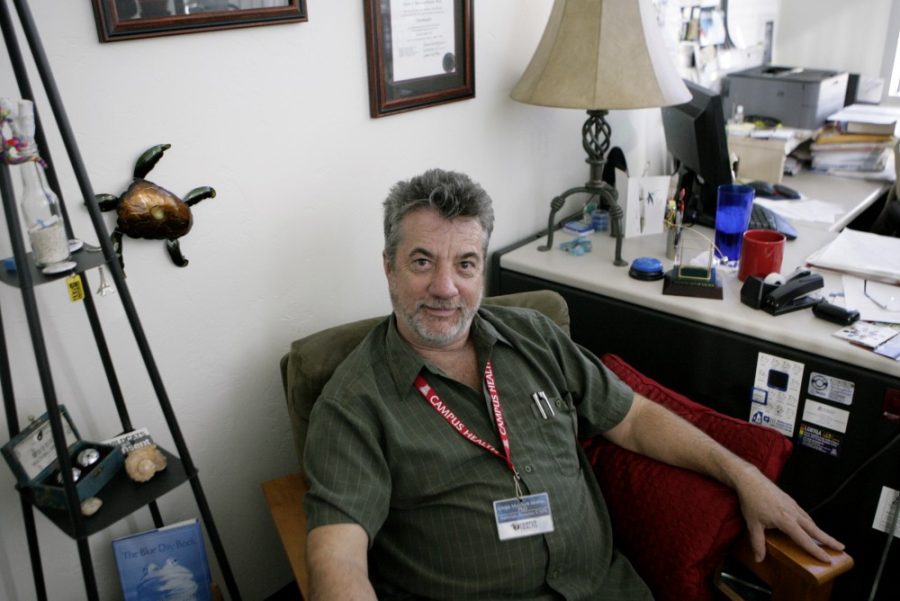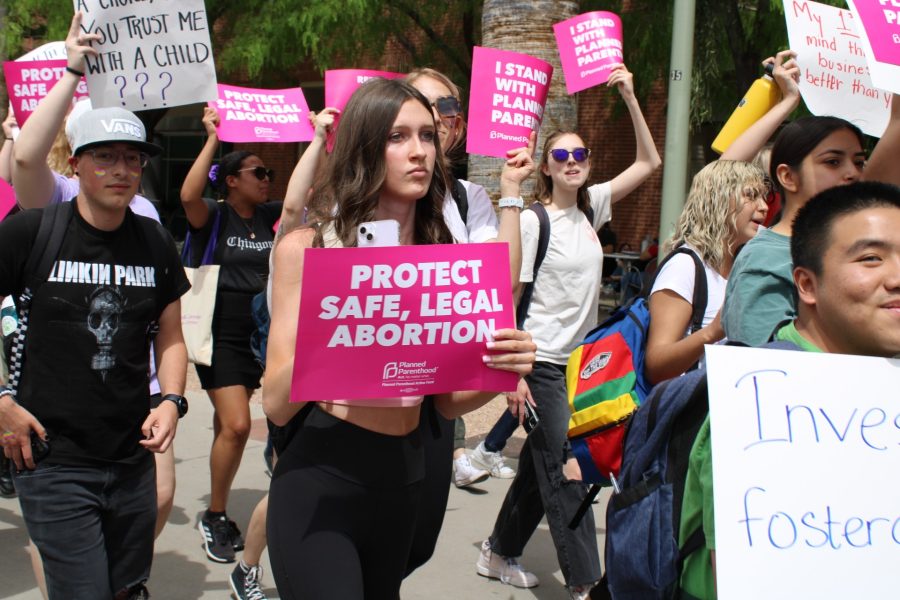In an environment that fosters stress and anxiety, the faculty of Campus Health Service raises awareness about suicide prevention and strives to create a healthy, safe environment for all students.
According to the American College Health Association, 11 percent of students at the UA have considered suicide.
Melanie Fleck, an outreach specialist for the Health Promotion and Preventative Service at Campus Health, has aided in the effort to prevent suicide on campus. Campus Health was offered a three-year grant in 2011 funded by the Substance Abuse and Mental Health Services Administration in order to take action to prevent suicide.
The grant helped to create Project Lifeline, a program that offers training on suicide prevention to faculty and students. According to the Campus Health website, Project Lifeline also focused on suicide prevention within classrooms.
According to a UA News article, over the program’s three-year lifespan, more than 4,100 faculty members and students were trained in suicide prevention.
Though the grant ended in 2014, Fleck said she is optimistic about its success and for the continuation of suicide prevention efforts that the program originated.
“Suicide is, thankfully, a pretty rare instance among college students … we see it as a preventable form of death,” Fleck said. “A lot of people agree that the preservation of life is important. People from administration and students saw the value in [Project Lifeline] and everyone agreed it was important.”
Fleck said oftentimes anxiety, depression and feeling overwhelmed are some of the problems that lead to suicide. She also said many students deal with any one of those issues on a day-to-day basis.
Campus Health offers other services for students such as Counseling and Psych Services. According to the Associate Director of CAPS, Glenn Matchett-Morris, CAPS is the “mental health or behavior health counseling service for all enrolled students.”
CAPS is here to help students deal with stress, anxiety, relationship and family problems, life crises and other major issues. But in the case of suicide, counselors at CAPS take a slightly more hands-on and behind-the-scenes approach.
Through things like Question, Persuade, Refer workshops — “a canned suicide prevention training” — and integratable presentations that can be added to professors’ daily presentations, CAPS counselors work to raise suicide awareness to the general campus community. This effort is focused so that professors and students alike are better prepared to identify and handle friends and students who may need help.
“That’s the kind of awareness that we try to raise, not to say that [suicide] is ok … but to raise it as a concern,” Matchett-Morris said. “[So that people] can talk about it and say: ‘well I want to help, I want to be careful in watching people and watching my friends.’”
UA CAPS is available 24 hours per day at (520) 621-3334.
Students who are concerned about a friend or someone they know are encouraged to visit Campus Health’s Friend 2 Friend website.
Faculty members concerned about students are encouraged to call CAPS’ Call & Consult line at (520) 621-3334 for help on how to approach a situation.
University Emergency Medical Services also offers 24/7 medical responses to all 911 calls on campus.
Follow Sam Gross and Nisa Lucas on Twitter.









